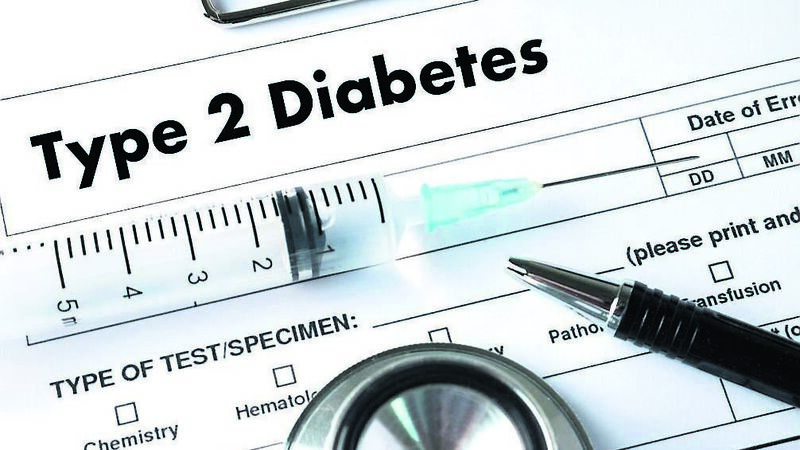Diabetes: Know the risks and address them now

- Feeling unusually thirsty or hungry
- Needing to urinate more often
- Unexplained tiredness or lack of energy
- Blurred vision
- Slow-healing wounds
- Tingling or numbness in the feet
Being overweight, particularly excess fat around the waist. This is a worry when over 60% of men and 50% of women are reported as overweight or obese. (Healthy Ireland Survey 2024)
- Having a family history of diabetes
- Being physically inactive - just 2 in 5 people meet the recommended guideline of 150 minutes of moderate exercise per week (Healthy Ireland Survey 2024)
- High blood pressure or
- High cholesterol
- Having gestational diabetes (diabetes during pregnancy)
- Belonging to certain ethnic backgrounds (South Asian, Middle Eastern, African descent)
- Risk also rises with age - but it is important to remember that type 2 diabetes is increasing across age profiles because of rising rates of obesity and sedentary lifestyles.
- Move more: Aim for 30 minutes of brisk walking or moderate exercise on most days.
- Eat balanced meals: Choose whole grains, lean proteins, fruit and vegetables. Cut down on sugary drinks and processed foods.
- Watch portion sizes: Even healthy foods can cause weight gain if eaten in excess.
- Know your numbers: Have glucose, cholesterol and blood pressure checked regularly.
- Do not ignore warning signs: If something feels off - persistent tiredness, thirst, or vision changes - get tested.
World Diabetes Day on November 14 aims to raise awareness of diabetes and promote better prevention, early diagnosis, and ongoing support for people living with the condition.







 App?
App?




